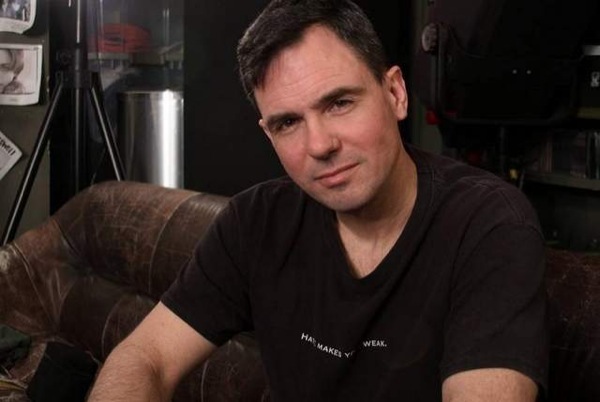
My brother is an established music promoter in Burlington, Vermont. The following is an article he wrote that was published in the Burlington Free Press. His mission is civically localized, but his message is universal.
Heart of Art: Loving half the arts, and other big choices
Vermont-made music promoter weighs in on accessibility of Burlington's proposed art spaces
By James Lockridge
Feb. 22, 2014 2:31 PM
I picture leadership having its origin in principles — the fundamental values that steer decision-making. When you put a few principles together and uphold them publicly and confidently, you have leadership. When those principles uplift humanity, you have good leadership.
Inclusion is a principle I want leaders in our city — in government, and in our community — to demonstrate in their character, message and actions. I want to experience decision-making that shows an honest effort to include everyone in the benefits the city provides, including the things it builds.
The city of Burlington has big plans for development of new arts spaces, including stages at City Hall Park and inside the New Moran. We’ll all be glad to have new stages and new opportunities for performances; the contribution culture makes to our lives is among the most meaningful experiences we have — the sharing we do with each other through the language of art, music, theater, and dance is some of the richest communication we’re capable of.
We also have a simultaneous responsibility to uphold the interests of artists working outside the boundaries of institutions and production budgets, the real people comprising most of our performing arts community. Human-scale attention to arts infrastructure; uplifting our whole arts community at the same time; fostering artists as they develop their craft, not just when they’re ready for the limelight; removing barriers — especially financial ones — from engaging one another and sharing performances are all just a start for correcting the imbalance that permeates city support for the arts.
The performing arts have very little city infrastructure to roost on. The cost and complexity of renting a stage in Burlington makes our cultural garden a gated one. As we build performance spaces, will we be making them available to independent teen artists; disadvantaged artists with work in development or experimental work; artists who’d share music or spoken word spontaneously with the public; itinerant artists, or art on the human and interpersonal scale? The city is building stages within a worldview that’s of another era — The “foreign country” of the past where things were done differently, as Wired magazine helps us recall. Our stages are available to pay for; not programmed to include. Even our city’s central teen center, 242 Main, a cultural and historic treasure, exists as a facility in an inventory of the city’s spaces to rent. In this century we can do the algebra that on one side of the equation gathers tax and philanthropic funding, partnerships, volunteers and cooperation and on the other side provides staff, programming and the material resources that serve inclusively.
Examine the equitability of arts supports in Burlington. Have the millions of dollars invested by the city in the visual arts also supported our performers, and dancers, and musicians as comprehensively and passionately as our visual artists? Are we building small outdoor stages that anyone can use? Are we replacing public bulletin boards so the cultural community can accomplish the work of representing itself and its contributions to the economy, so that Burlington and our visitors can see how rich and creative life is here, because all of our art is represented? We have vision, talent, and options.
I’m proud of our creative community, and glad that the city gives art its attention. Our city council and municipal leaders are good-intentioned public servants and I’m optimistic that the will to lead us toward inclusive support for art — our heart as a community — will emerge and shine. We’re good people in Burlington. But this principled decision hasn’t been made for decades.
View original article at http://www.burlingtonfreepress.com/article/20140223/ARTS04/302230006/Heart-of-Art-Loving-half-the-arts-and-other-big-choices?nclick_check=1
James Lockridge is the executive director of Big Heavy World, a Burlington-based, volunteer-staffed music office working to preserve and promote Vermont-made music inclusively since 1996, http://bigheavyworld.com/. James thanks and respects New Moran and the Church Street Marketplace for their responsiveness to these sentiments prior to publication of this essay.